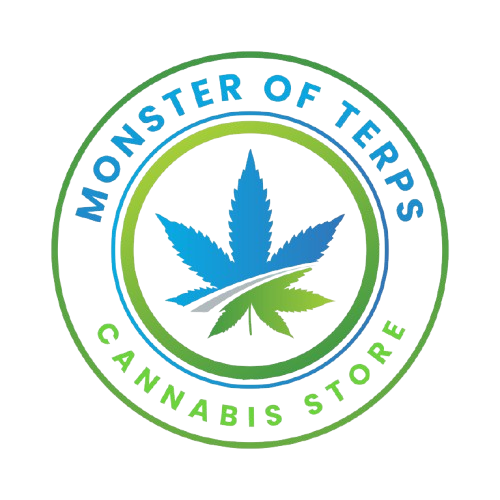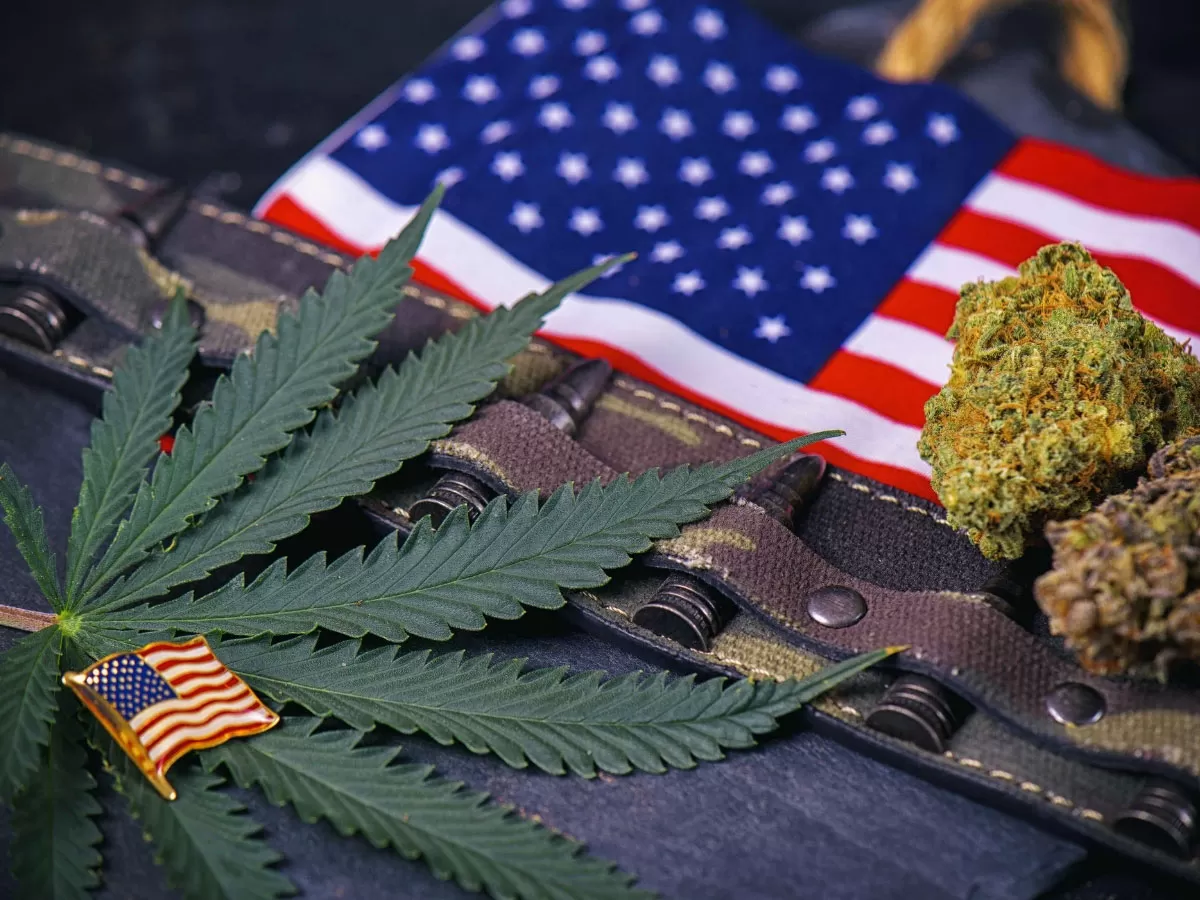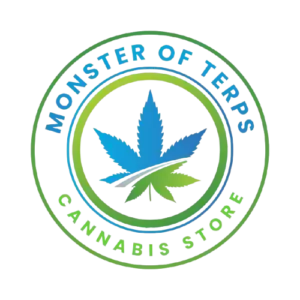Veterans and cannabis Community: Healing Beyond the Pills
The weekend after 4/20, I had the opportunity to attend the National Cannabis Festival in Washington, D.C. While the event was full of music, laughter, and celebration, I spent most of my time in a quieter, more reflective space—the Veterans Wellness Lounge. It was there that I met veterans and cannabis from every walk of life—young and old, men and women, from every branch of service. We sat together, talked, and shared stories about pain, resilience, and survival.
What struck me most was the deep honesty in their voices as they described the lasting impact of their service—not just the physical scars, but the emotional and psychological wounds they carried home. And again and again, I heard something unexpected but powerfully consistent: cannabis was helping.
For many of these veterans and cannabis, traditional medicine had failed them. In the powerful documentary Unprescribed, created by veteran Steve Ellmore and now streaming on Amazon Prime, fellow veteran Boone Cutler puts it plainly: “No one knew how to treat us, so they gave us pills. Lots and lots of pills.” Those pills—sometimes dozens at once—were meant to help, but often left veterans feeling numb, disconnected, and defeated.
This pharmaceutical overload—nicknamed “combat cocktails” or “zombie dope”—can include opioids, antidepressants, mood stabilizers, muscle relaxants, and antipsychotics. It’s no wonder so many veterans felt like they were losing themselves in the process of being “treated.” Tragically, for some, that hopelessness becomes too much. Every day in this country, an average of 22 veterans die by suicide—twice the rate of those who never served.
But amid that heartbreak, there is hope. More and more veterans are turning to medical cannabis not as a last resort, but as a lifeline.
The invisible wounds of war—like PTSD—are not new. Stories of soldiers haunted by battle go back as far as history itself. Today, PTSD affects about 8 million Americans each year. Among veterans, those numbers are even higher:
- 12–20% of those who served in Iraq and Afghanistan
- 12–31% of Gulf War veterans
- Over 30% of Vietnam veterans
Finding Relief: Veterans, Trauma, and the Role of Cannabis in Healing
Those who experienced Military Sexual Trauma (MST) or traumatic brain injuries (TBI) often face even greater challenges. PTSD is still underdiagnosed, partly because many veterans and cannabis feel shame or fear judgment. And sadly, around 74% of those who are diagnosed also battle substance dependence. For veterans who receive care through the VA, the suicide rate climbs alarmingly—especially among men, who are dying at nearly twice the national average.
This is where cannabis is quietly making a difference.
Cannabis offers something traditional medicine often doesn’t: relief without numbing. Many of the veterans I spoke with said it helps them sleep through the night, manage their pain, ease anxiety, and reconnect emotionally with the world around them. Unlike the long list of pharmaceuticals they were once given, cannabis is a single plant with a wide range of benefits—and virtually no risk of overdose.
But perhaps most meaningful is what cannabis gives back on a human level. It reduces isolation. It allows veterans to feel more present, more grounded, more themselves. It helps them not just survive—but truly live.
In a system that too often forgets to treat the whole person, cannabis is offering veterans a different kind of medicine: one rooted in compassion, connection, and dignity.
Veterans get 15% off all orders—contact us to claim your discount.


